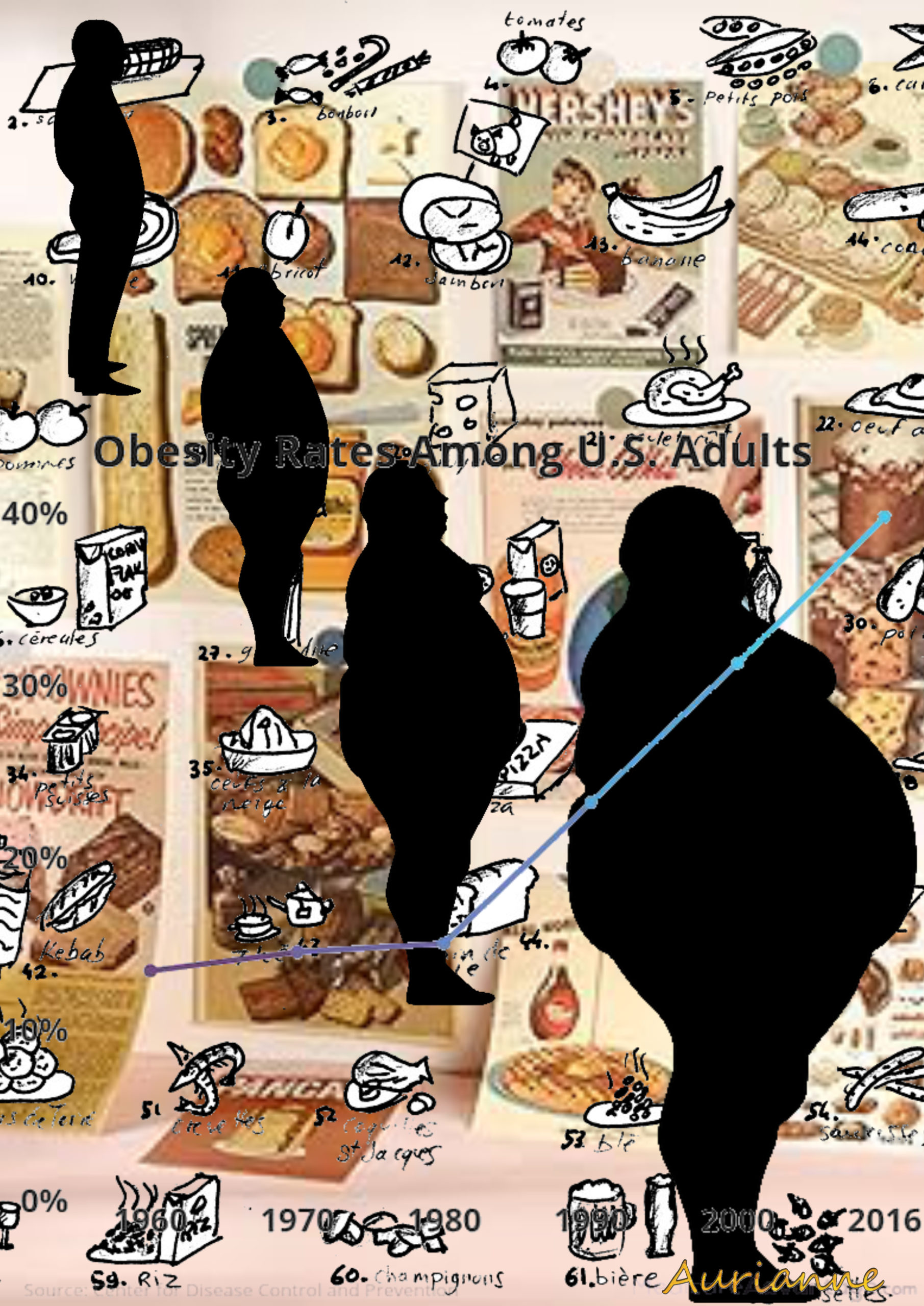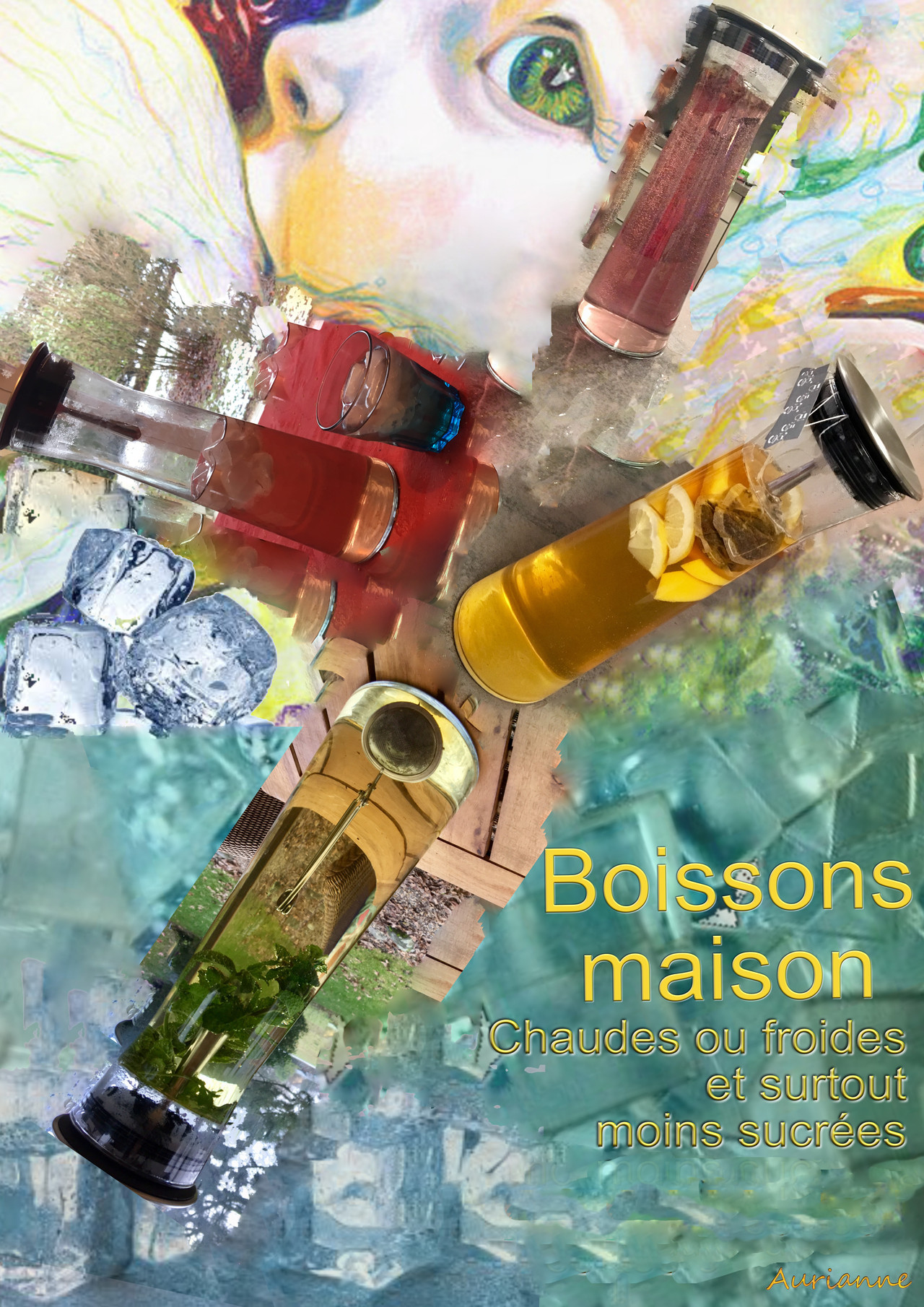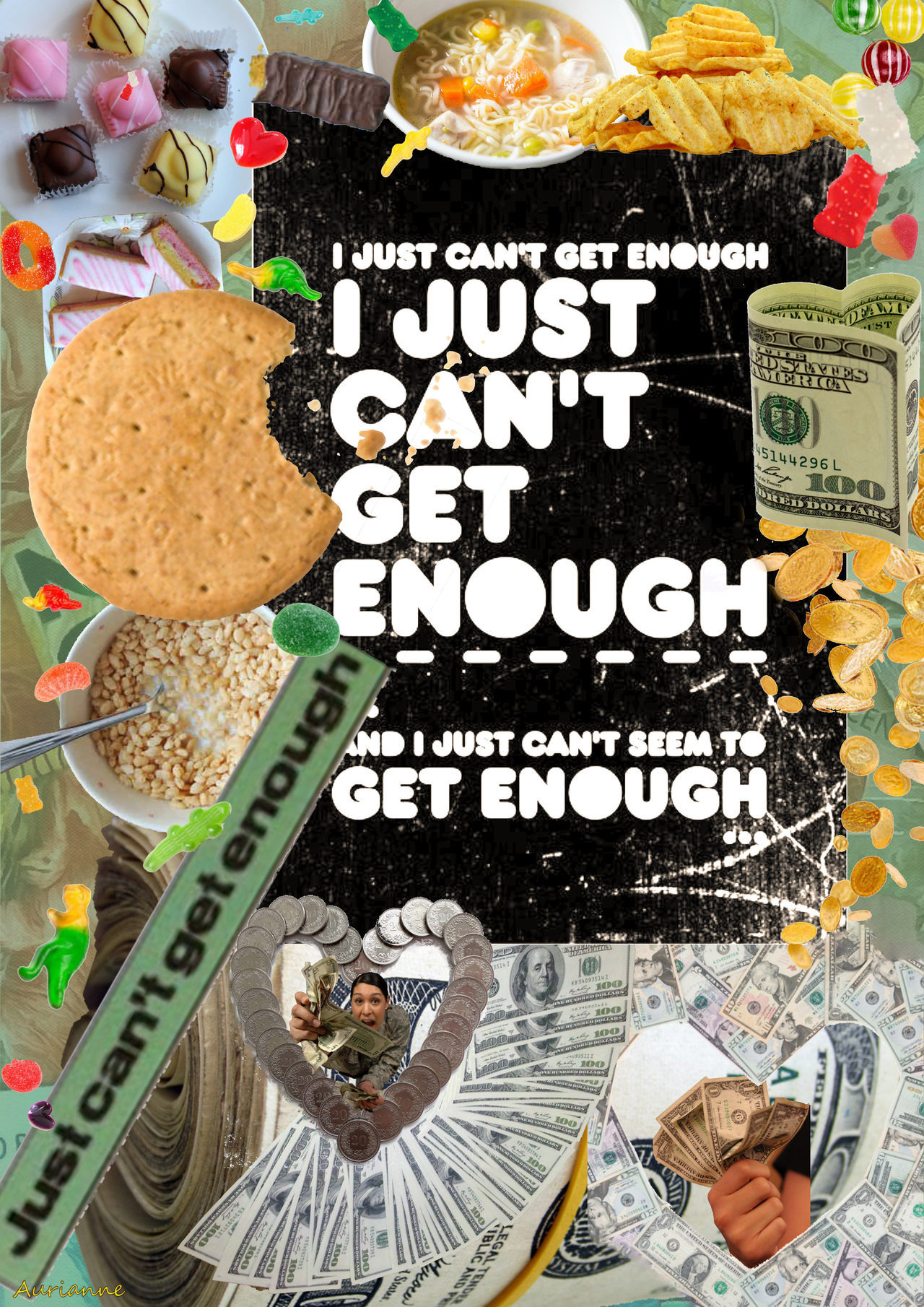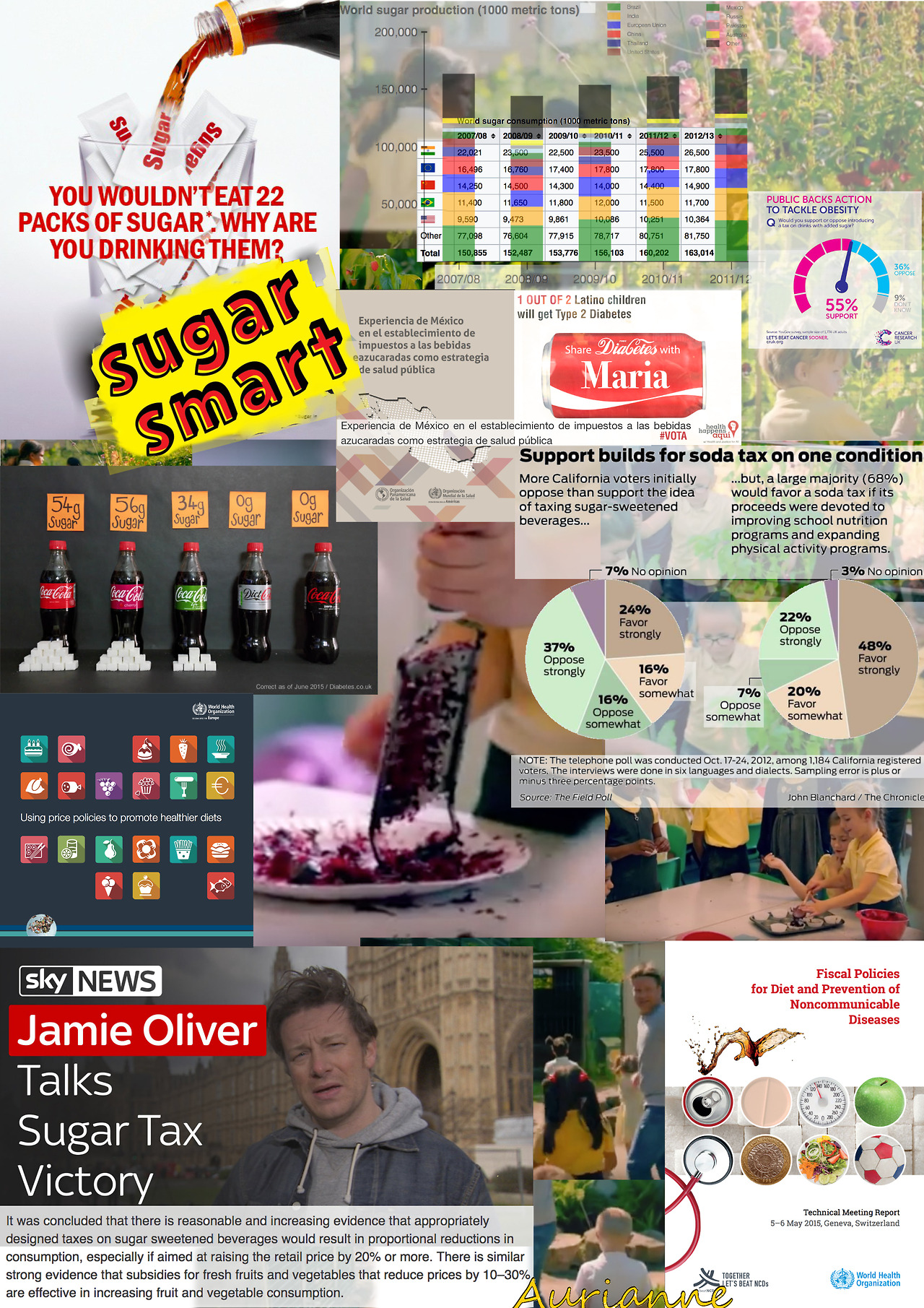-
Looking for fat

In the 1950s people ate a lot of fat in their diets. Obesity was anecdotic. In the mid 70S- 1980s began the obesity epidemics after people have been told to cut the fat. Now sugar is driving food consumption. If people went back to healthier 1950s diet it would be a disaster for the food…
-
Finance & Obesity

Today, nearly half of the world’s population is considered obese: Obesity and overweight – World Health organization: https://www.who.int/en/news-room/fact-sheets/detail/obesity-and-overweight Associated pathologies are considered as causes of “preventable” diseases because people are considered responsible individuals. This has the effect of distorting the figures, for example by pointing out the risks associated with physical inactivity or tobacco (risks…
-
Boissons maison – Chaudes ou froides et surtout moins sucrées

Boissons maison – Chaudes ou froides et surtout moins sucrées Oui, Oui, l’eau plate est meilleure, du robinet quand vous avez de la chance ou des bouteilles d’eau. Et si, si, le lait maternel, c’est mieux pour les bébés et pour les Mamans (sauf cas graves). (Recommandations de l’OMS en matière d’alimentation du nourrisson: https://www.who.int/nutrition/topics/infantfeeding_recommendation/fr ) Mais…
-
You can’t get enough… Enough!

There’s too much sugar and water in low-quality food. That makes people crave for food without limits. The community pays for the care associated with the illnesses this ultra-processed food causes, while manufacturers are subsidized with community money to be cheaper. With the welfare state, margins made by industrialists have increased. Poor quality food is…
-
Sugar Smart

When talking about sugar, the difference between table sugar you use when you cook and industrial sugar that is used in ultra-processed food is striking. Unless you have a real disorder, too much sugar tastes bad. Industrial sugar like glucose syrup or HFCS (high fructose corn syrup) will not taste sweet. You won’t tell when…